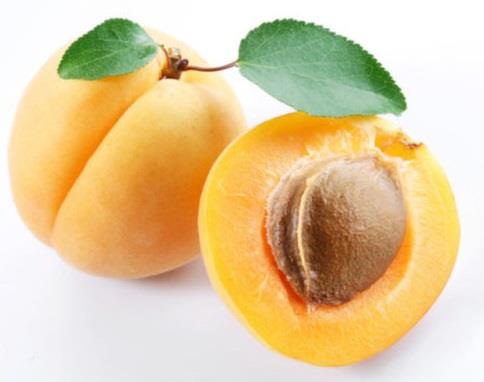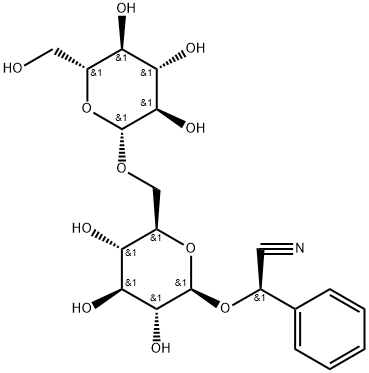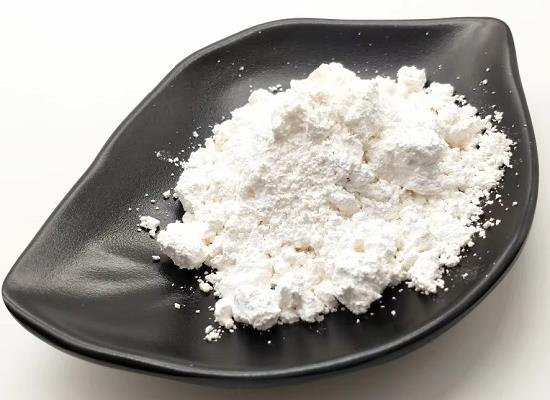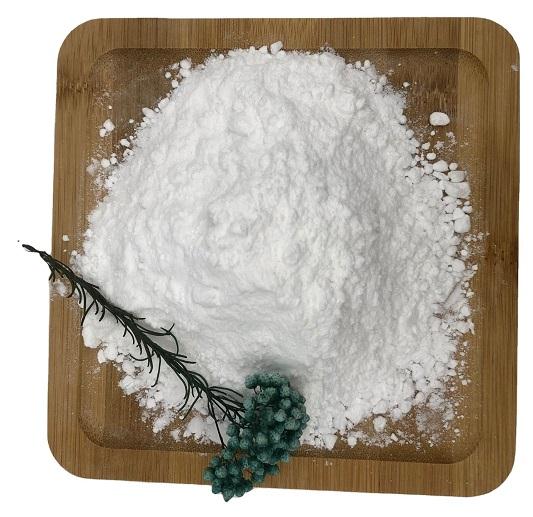Efficacy and effects of bitter amygdalin
Amygdalin (from the Greek "lentil"), also known as bitter amygdalin, is a toxic cyanogenic glycoside found in many plants, but most notably in the seeds of apricots, bitter almonds, apples, peaches and prunes. Its a glycoside isolated from the seeds of lentils by Pierre-Jean Lobic and A. F. Boutron-Charlard in 1803. This substance was studied by Liebig & Wille in 1830. Bitter amygdalin is also found in other plants of the genus Plum, including apricot and black cherry, and also in the leaves, fruit and kernels of loquat. Ernst T. Krebs named this substance "vitamin B17" and thought it could treat cancer, but subsequent studies have shown that it does not have these effects. The academic community does not consider bitter amygdalin to be a vitamin either, as it does not meet the definition of a vitamin.

Bitter amygdalin is a common cyanogenic glycoside and the active ingredient in the traditional Chinese medicine bitter almond. Bitter amygdalin is widely found in the seed kernels of loquat, apricot, peach, plum, prune and other plants. Bitter amygdalin is made up of two molecules of glucose and one molecule of amygdalinitrile.
Extraction methods
Bitter amygdalin is extracted by heating lentils or almonds in ethanol, after which the solvent is evaporated and ether is added to obtain fine white crystals of bitter amygdalin. Liebig and Waller found that the decomposition of bitter amygdalin produced three products: sugars, benzaldehyde and hydrocyanic acid. Subsequent studies have shown that sulphuric acid catalyses the decomposition of bitter amygdalin to glucose, benzaldehyde and hydrocyanic acid, while hydrochloric acid causes its decomposition to mandelic acid, D-glucose and ammonia. There are two enzymatic decompositions of bitter amygdalin: maltase partially decomposes it to produce D-glucose and lentilonitrile glucoside (C6H5CH(CN)O-C6H11O5), an isomer of phenylethylidene glucoside. The lentil enzyme then decomposes it into benzaldehyde, cyanide and two molecules of glucose. This reaction occurs in bitter lentils and results in the free benzaldehyde and cyanide usually found in bitter lentils.
Efficacy and effects
Almonds contain 3% bitter amygdalin, which is broken down by enzymes to form hydrocyanic acid, which is toxic but has a sedative effect on the respiratory centre in small quantities. In recent years, scientific research at home and abroad has proved that hydrocyanic acid also has an anti-cancer effect, which is really good for the health of mankind.
Biochemical analysis has confirmed that apricot kernels and bitter almonds contain a bitter amygdalin, an active chemical. Bitter amygdalin consists of glucose, benzaldehyde, hydrocyanic acid and other three ingredients. When bitter amygdalin is eaten, it is digested and decomposed to produce phenylhydroxyacetonitrile and glucose. Benzylacetonitrile is then decomposed into benzaldehyde and hydrocyanic acid. Hydrocyanic acid is a natural anti-cancer active substance, which only has a toxic effect on cancer cells and can kill cancer cells or inhibit their proliferation, in the therapeutic dose, no harm occurs to normal cells and healthy cells; benzaldehyde has strong anti-cancer activity and can relieve the pain of cancer patients. Bitter amygdalin can therefore trap and kill cancer cells in the body, making it an effective nemesis of cancer. According to medical scientists, the inhabitants of these areas, the bitter amygdalin ingested in a day, greatly exceeds the amount ingested in other countries in a year, which is the mystery of their cancer-free, long life.
The United States has used bitter almond glycosides for clinical purposes, they have 250 cases of cancer patients, 248 cases were cured under the normal treatment dose, the cure rate of 99%, 2 cases of significant improvement, has cured cancer patients up to more than 4,000 people. China also uses bitter almond glycosides, or almond glutinous rice porridge, almond tea to treat intestinal cancer, lung cancer, esophageal cancer, and has achieved better results.
Recently, American medical scientists have found that almonds have a significant role in lowering serum cholesterol. Almonds contain only seven per cent saturated fatty acids, no cholesterol, and a high amount of dietary fibre. In 24 patients with high blood cholesterol, after consuming almonds for three weeks, the patients' blood lipids were reduced by an average of 10.3%. Therefore, for middle-aged and elderly people suffering from high cholesterol and hyperlipidaemia, it is very beneficial to eat sweet almond products and almond oil in moderation.
You may like
Related articles And Qustion
See also
Lastest Price from Amygdalin manufacturers

US $1200.00-1100.00/ton2025-09-25
- CAS:
- 29883-15-6
- Min. Order:
- 1ton
- Purity:
- 99%
- Supply Ability:
- 1000T/M

US $5.00-0.50/KG2025-05-13
- CAS:
- 29883-15-6
- Min. Order:
- 0.10000000149011612KG
- Purity:
- 99% hplc
- Supply Ability:
- 5000kg


